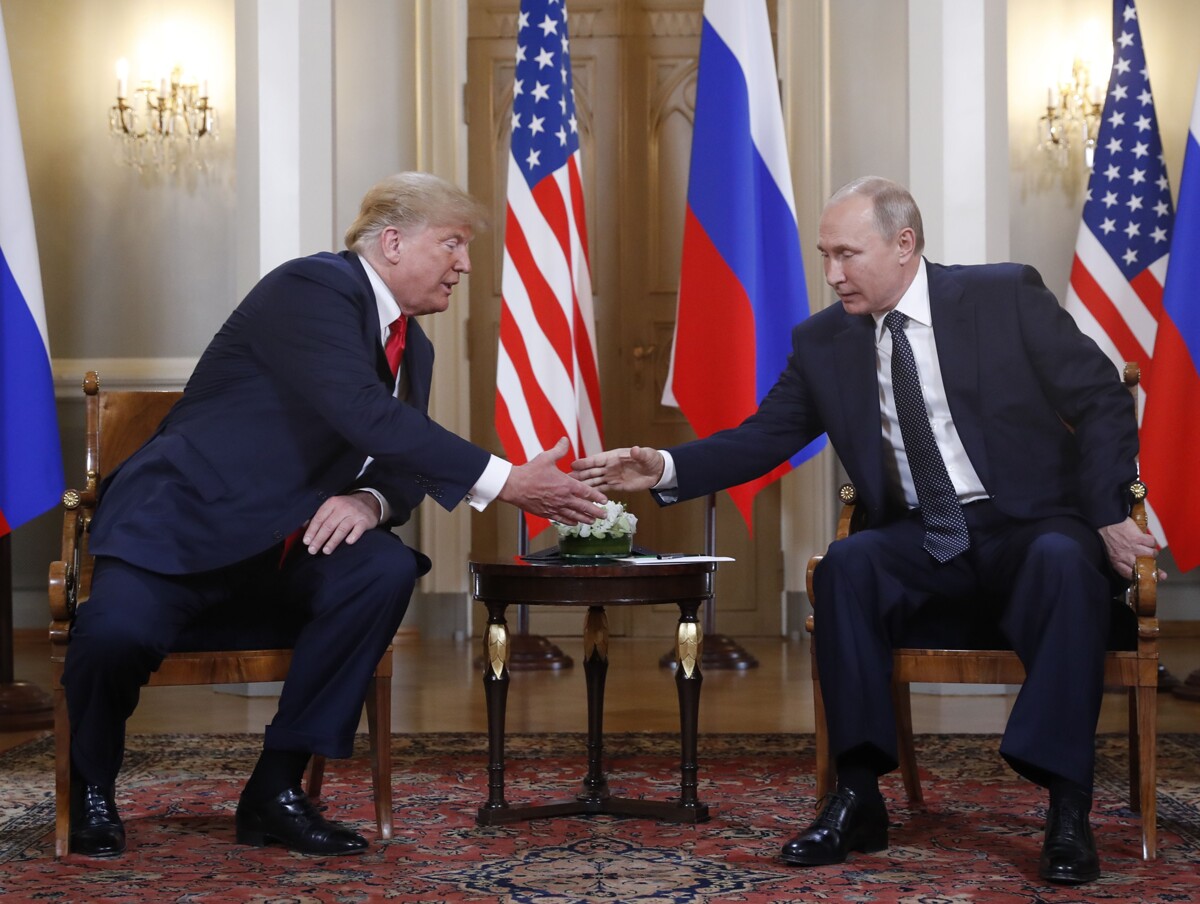
In the past, extremist politicians in Europe came to power by inventing external enemies and manipulating nationalist and racist sentiments. This happened after World War I, when new nations emerged following the fall of the German and Austro-Hungarian empires. At that time, Syria, Lebanon, Jordan, Kuwait, Iraq, and Turkey were created from territories of the Ottoman Empire.
The sense of helplessness among the population after chaotic and conflict-ridden moments was exploited by some politicians who used the discourse of blaming certain groups, such as migrants, and promoting nationalism and racism.
After World War I, new states like Czechoslovakia and Yugoslavia arose from the ashes of the fallen empires. Four empires covered much of Europe 110 years ago: German, Austro-Hungarian, Russian, and Ottoman. These historical events marked the rise of both fascism and communism.
In more recent times, the disintegration of the Soviet Union freed several nations, but Russia persists as a remnant of the ancient empire. Geopolitical events like the Russian invasion of Ukraine have influenced the global landscape, especially after the Great Recession of 2008 when markets trembled.
Recently, Germany held elections where nationalist and racist groups reached second place. In this context, events such as the withdrawal of the United Kingdom as a hegemonic power and the rise of the United States as a financial leader have transformed the global scene.
The influence of technology and social media on current political propaganda is notable, with phenomena like "misinformation" and "disinformation" affecting the perception of truth. In this context, the relationship between powers like Russia, the United States, and China remains crucial for the geopolitical future.
In conclusion, history has shown that the manipulation of emotions and the creation of conflicts have been tools used by extremist politicians to gain power. Understanding these past events can be crucial for predicting what the future holds, especially in a world where misinformation and geopolitical conflicts remain constant.














